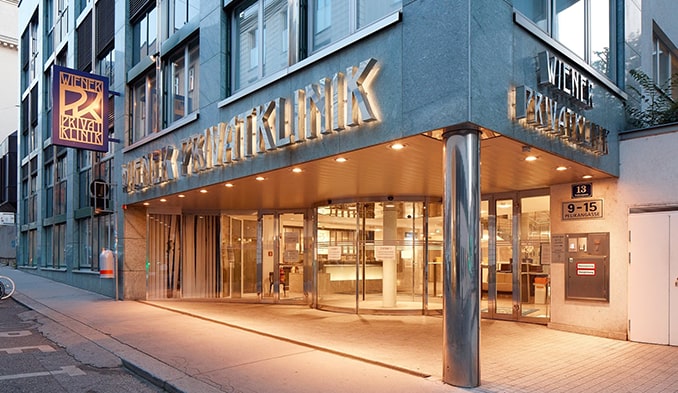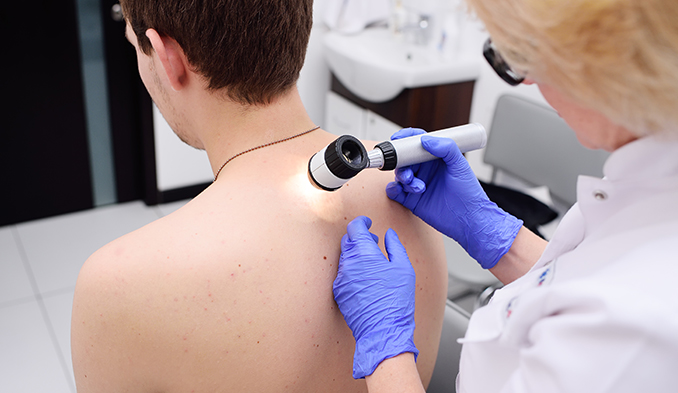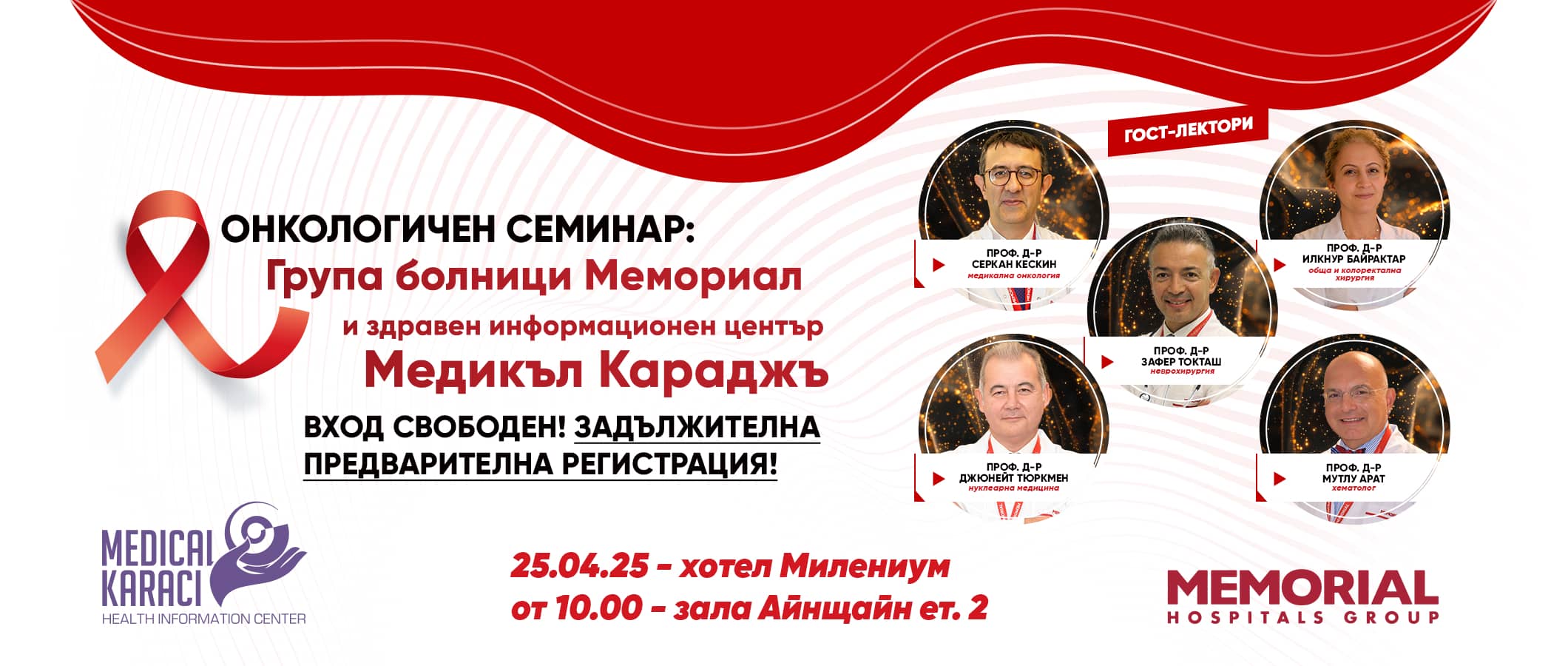ZIC "Medical Karadži" is very pleased to introduce Dr. Christiane Tallinger from Wiener Privatklinik, Vienna, Austria. She is an established specialist and has many years of experience in the field of skin cancer and skin diseases.
Assoc. Prof. Dr. Christiane Tallinger is a world-renowned expert in dermatology and venereology with over 50 scientific publications and currently a specialist at the Austrian Wiener Privatklinik.
She is a member of numerous international societies including:
- European Society for Medical Oncology,
- Austrian Society of Dermatology and Venereology,
- Austrian Society of Hematology and Oncology at the Wiener Privatklinik.
What causes skin cancer?
The ultraviolet radiation contained in sunlight and tanning lamps causes much of the damage to skin cells. Contrary to the fact that the cause of nine out of ten cases of skin cancer is overexposure to ultraviolet radiation, people continue not to protect themselves from the sun.
When irreversible damage (mutations) occurs in skin cells, skin cancer occurs. It is these that cause skin cells to grow uncontrollably and form cancerous cells.
Skin cancer can occur even in places not normally exposed to sunlight, so other factors increase the risk of such cancer. Exposure to toxic substances or a disease weakening the immune system are examples.
Which are the most common species?
Basal cell carcinoma, squamous cell carcinoma and melanoma. The first two occur mainly in areas of the body that are frequently exposed to the sun and develop locally without distant metastasis. Melanoma is a serious form and can develop in any part of the body. This type is less common than the other two, but is more dangerous because of this.
Once removed, what is the risk of melanoma reappearing in the same area?
If there are cancer cells left after treatment, melanoma may reappear, possibly months or years later. Single melanoma cells are too small to be seen with the naked eye or on a scan. From the time of initial diagnosis, the 5-year survival rate for all people with melanoma of the skin is 93%. Overall survival after 5 years depends on a variety of factors, such as the thickness of the primary melanoma, whether lymph nodes are involved and whether the melanoma has spread to distant sites.
What methods and products should we use to protect our skin?
Some skin cancers can be avoided if the given recommendations are followed. These include avoiding sun exposure at peak times, but also using sunscreen all year round (at least SPF 30), regardless of weather circumstances. Protective clothing, covered arms, legs and head also help. Also sunglasses. It's a good idea not to visit tanning salons and to check for sensitivity the medications being taken (if any) as some of them, including antibiotics, can be detrimental in the case and increase sensitivity to the sun's rays.
How can this cancer be treated?
Depending on the type of cancer (histology), the location and depth of the tumour and the size of the lesion, there are different ways to treat skin cancer. Treatment is usually administered, which may include:
- freezing (liquid nitrogen),
- chemotherapy,
- surgical excision,
- Radiotherapy,
- curettage,
- photodynamic therapy,
- biological methods of treatment (immunotherapy).
In surgical excision, all the cancerous tissue and surrounding healthy skin is cut away, so it can be used as a treatment for any type of skin cancer.
Is immunotherapy appropriate and if so, in which cases?
If the cancer cells are only in the top layer of the skin, using topical anticancer agents has good results. These are applied directly to the skin. To treat melanomas that cannot be removed surgically or have already spread to other parts of the body, systemic immunotherapy can be applied. In certain cases, systemic immunotherapy is used for less advanced melanomas after surgery, thus reducing the risk of melanoma reappearing. Through immunotherapy, a person's immune system is stimulated. Drugs are used for this purpose to help it more effectively recognize cancer cells and destroy them. Sometimes melanoma cells manage to protect themselves from the immune system and it cannot attack them. In immunotherapy, the drugs that are used restore the immune system's ability to respond in its natural way and attack these cells.
When is surgical intervention necessary?
In terms of tumor stage, there are several treatment options for basal cell and squamous cell carcinoma. However, surgical excision of the primary tumor is unavoidable in melanoma. The final histological analysis of melanoma tissue (including Clark level, Breslow index and mutation grade of the lesion) is the result of excision of the primary lesion. In determining the severity of the disease and what is the most appropriate treatment, this information is imperative.
Regarding examination, how often should we examine our skin and watch for irregularities?
If you have risk factors (such as a history of skin cancer, sunburn), get a skin cancer screening every 6 to 12 months. If your risk is low, get your skin checked every year or every few years.
However, follow the ABCDE method for moles when getting screened:
- (A) Asymmetry,
- (B) boundary changes.
- (C) color changes,
- (D) diameter changes,
- (E) development of moles






